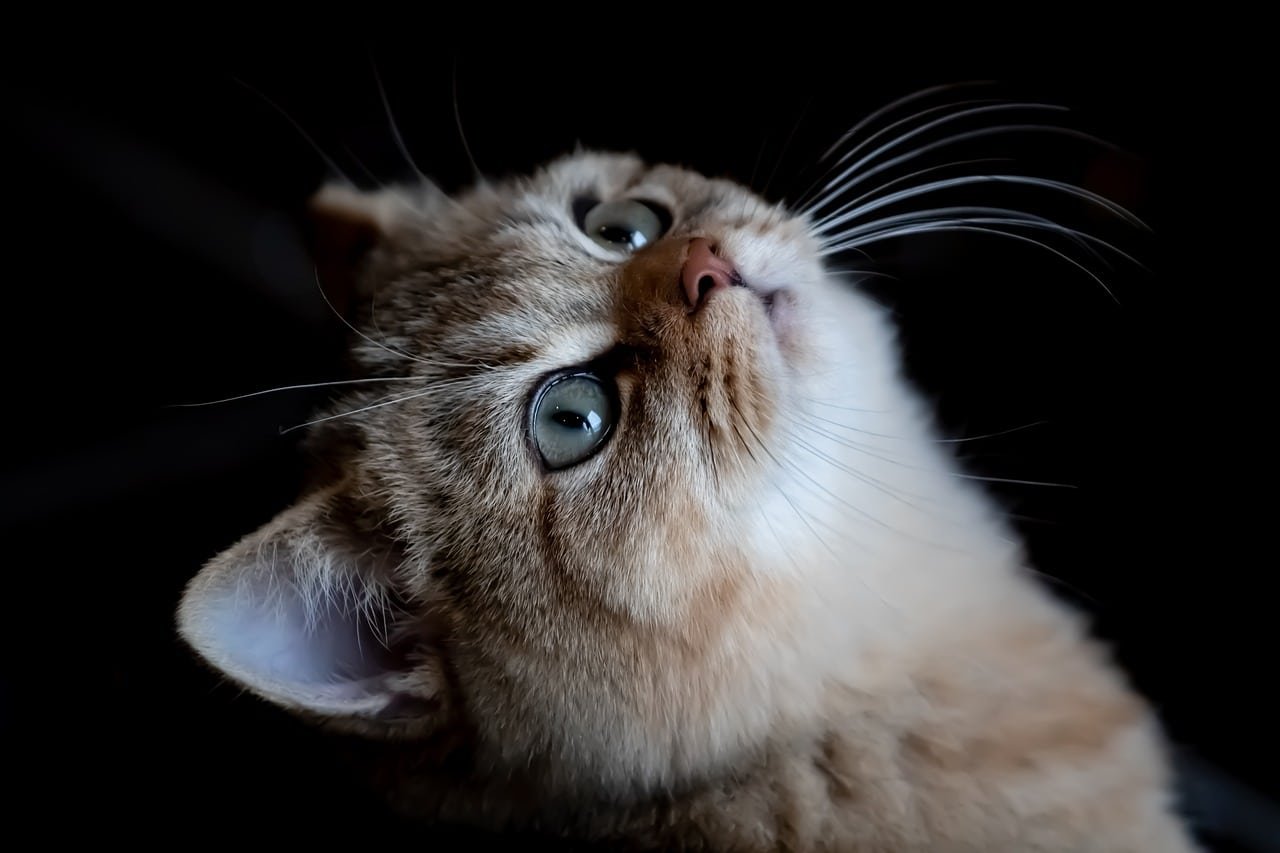Cats exhibit a range of behaviors that can sometimes puzzle or surprise their owners, especially when it involves interactions during sleep. One such behavior that some cat owners experience is their feline companion biting their nose while they are sleeping. In this comprehensive guide, we explore the reasons behind this behavior, what it signifies about your cat’s instincts and intentions, and how you can understand and manage it effectively.
The Curious Case of Nose Biting
When your cat bites your nose while you’re sleeping, it can be a startling experience. Understanding the reasons behind this behavior can shed light on what your cat may be trying to communicate:
- Playful Interaction:
- Cats often use playful biting as a form of interaction and bonding. While it might seem surprising to wake up to a nose bite, your cat may view it as a gentle way to engage with you.
- Attention Seeking:
- Your cat may bite your nose to gain your attention, especially if they are accustomed to receiving affection or playtime upon waking.
- Instinctual Behavior:
- Cats are natural hunters, and playful biting can mimic hunting behaviors such as play-fighting or catching prey. Biting your nose might be a playful expression of their hunting instincts.
- Communication:
- Biting can also be a form of communication for cats. They may bite gently to signal that they want something, such as food, attention, or to initiate play.
Why Cats Bite During Sleep
Understanding why cats may bite during sleep requires considering their instincts and behaviors:
- Dream Play: Cats often engage in dream-like play behaviors during sleep, which may include movements such as batting or biting. Biting your nose could be an extension of this dream play.
- Exploration: Cats are curious creatures and may investigate new or unusual smells, such as your breath or scent, while you sleep. Biting may be their way of exploring or reacting to these stimuli.
- Affection Display: In some cases, biting can be a sign of affection from your cat, albeit in their unique feline manner. They may perceive your nose as an accessible and familiar part of you to express their feelings.
How to Interpret Your Cat’s Nose Biting
To better understand what your cat’s nose biting means in a specific context, consider these factors:
- Body Language: Observe your cat’s overall body language and facial expressions. A relaxed posture, slow movements, and purring can indicate that they are engaging in playful behavior rather than aggression.
- Vocalizations: Pay attention to any vocalizations your cat makes during the biting. Soft purring or chirping noises often accompany playful interactions and indicate contentment.
- Tail Movement: A gently swishing tail or a relaxed tail position can also signify that your cat is in a playful mood and enjoying the interaction.
Responding to Your Cat’s Nose Biting
When your cat bites your nose during sleep, respond calmly and positively to redirect their behavior and reinforce positive interactions:
- Redirect Play: If your cat’s biting seems playful, gently redirect their attention to a toy or interactive game. This helps satisfy their natural hunting instincts in a more appropriate manner.
- Avoid Punishment: Avoid reacting with anger or punishment, as this can confuse your cat and potentially worsen the behavior. Instead, use positive reinforcement to encourage desirable behaviors.
- Create Boundaries: If nose biting during sleep becomes a persistent issue, consider creating boundaries, such as using a lightweight blanket or pillow to protect your face while you sleep.
- Regular Play Sessions: Engage your cat in regular play sessions during waking hours to provide mental stimulation and physical activity. This can reduce the likelihood of them seeking play during your sleep.
When Nose Biting Indicates a Problem
While playful biting is generally harmless, there are instances where it may indicate underlying issues or discomfort:
- Aggressive Behavior: If your cat’s biting is accompanied by aggressive body language, such as flattened ears, dilated pupils, or hissing, they may be feeling threatened or stressed. Consult with a veterinarian or animal behaviorist for guidance.
- Health Concerns: Changes in your cat’s behavior, such as sudden aggression or changes in appetite or grooming habits, could indicate underlying health issues. Monitor their overall health and behavior closely, and seek veterinary advice if necessary.
Conclusion
In conclusion, when your cat bites your nose while you’re sleeping, it’s often a playful or affectionate behavior rooted in their natural instincts and desire for interaction. By understanding the reasons behind this behavior and responding calmly and positively, you can foster a stronger bond with your feline companion and ensure their well-being. Remember, each cat is unique, so observe their behaviors and preferences to tailor your interactions accordingly. Through patience, positive reinforcement, and understanding, you can navigate and manage nose biting behaviors while enjoying a harmonious relationship with your cat.
Discover more from EMMOCEB
Subscribe to get the latest posts sent to your email.






